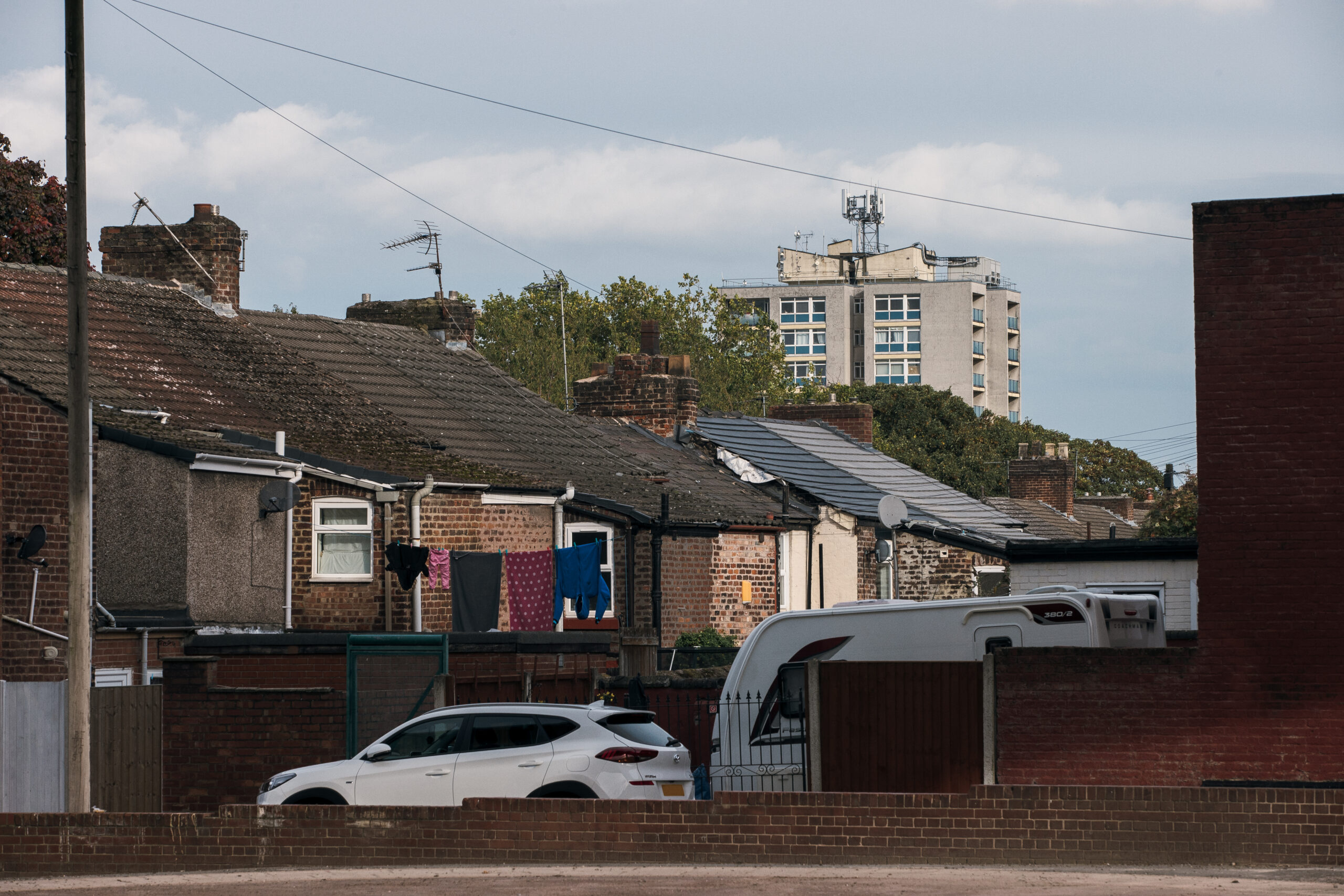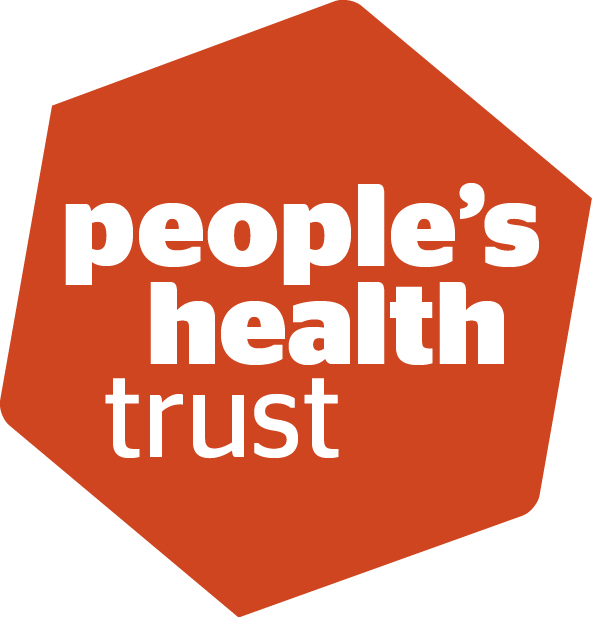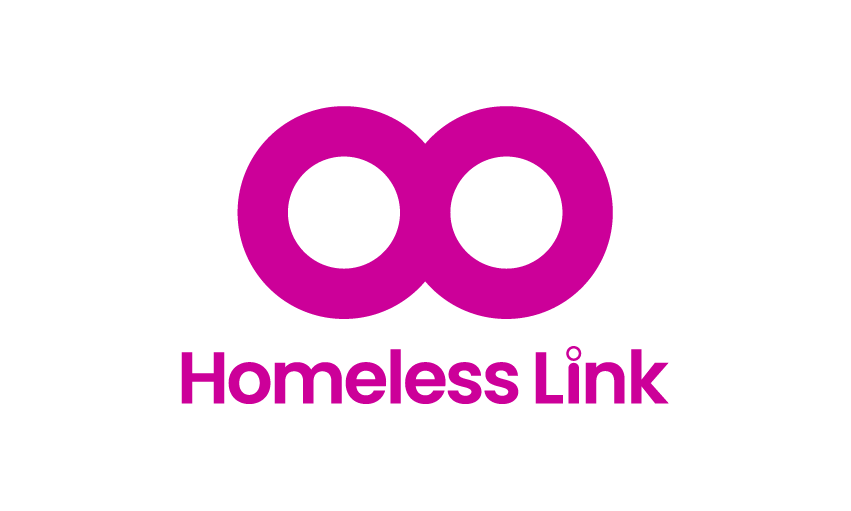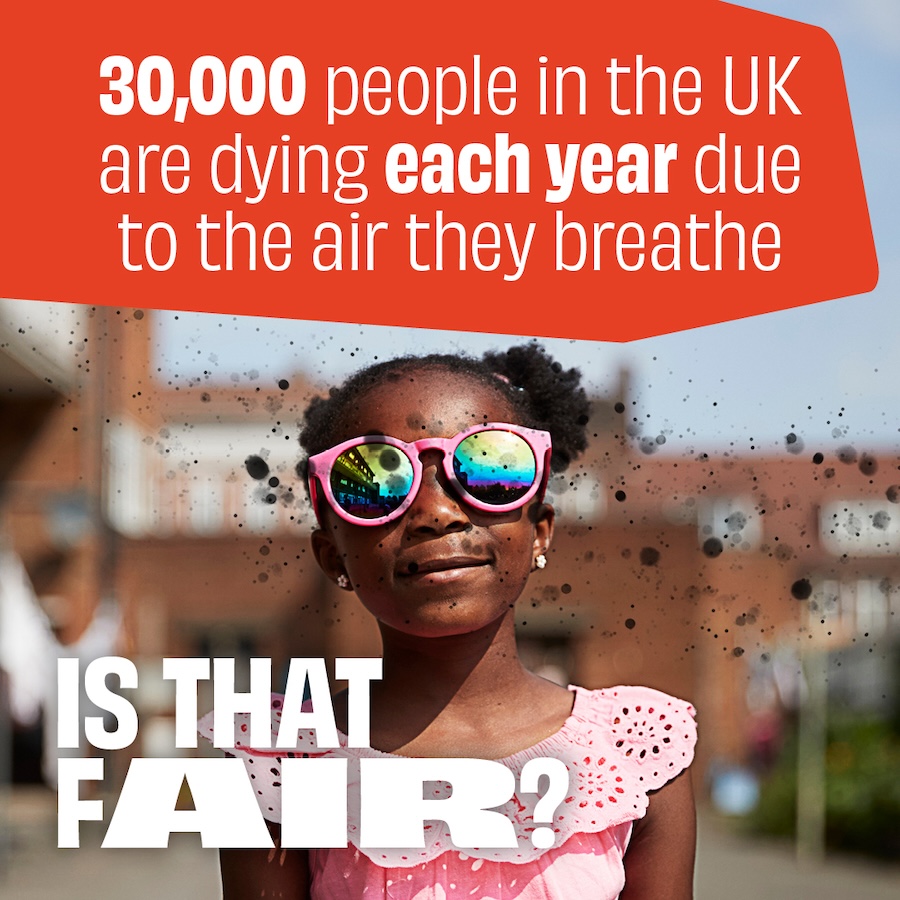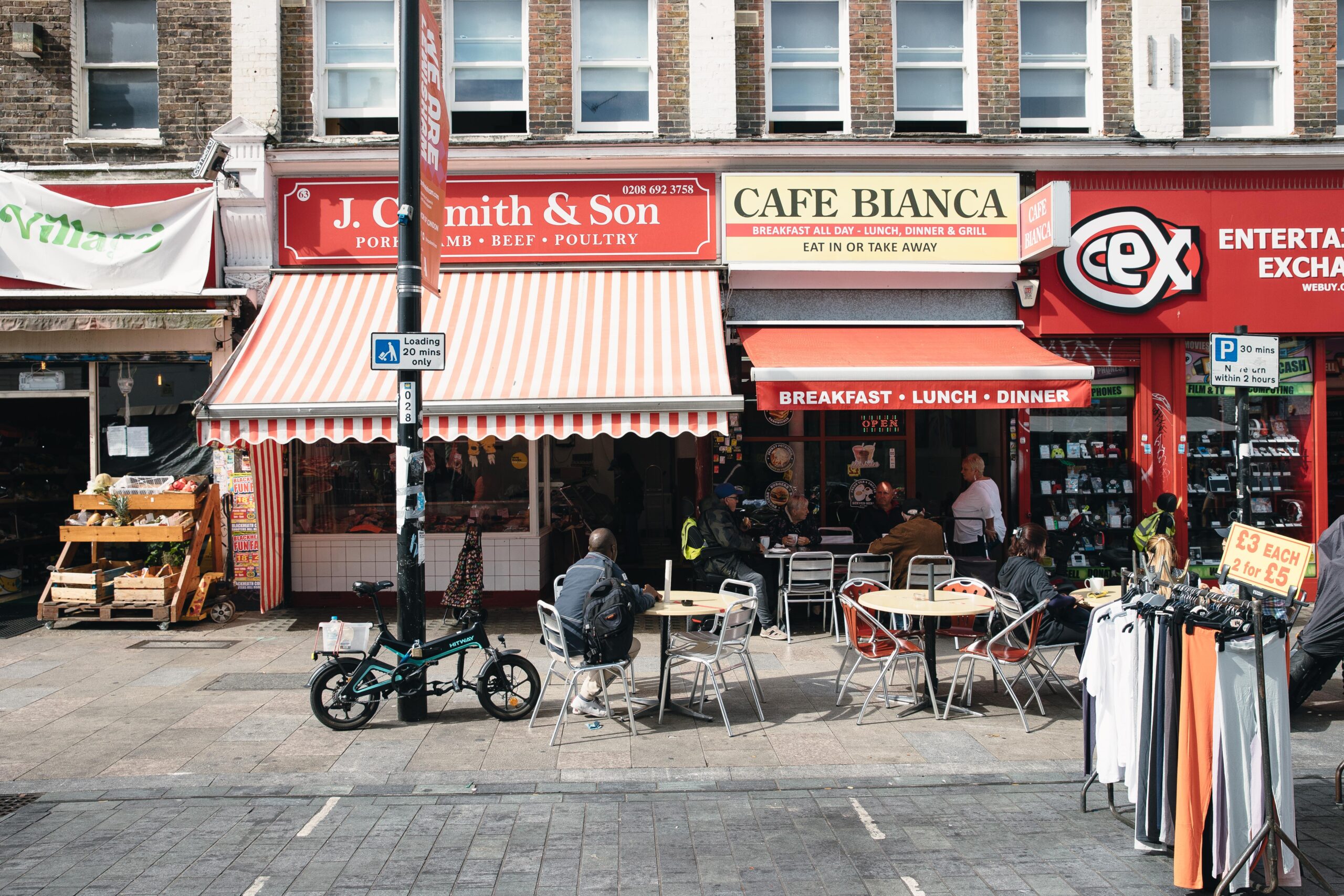Where we live

Housing is a cornerstone of our health. We all need a safe, warm, affordable place to call home.
But what makes a healthy home? It’s more than four walls and a roof. It’s somewhere that keeps us warm and makes us feel safe. Somewhere affordable enough that we’re not forced to make impossible choices – like between paying rent or putting food on the table. A healthy home connects us to our community, to opportunities, and to peace of mind.
Every family should have a home – one to cook in, socialise, do our homework, and go to bed warm and safe at night.
But some of us face a brick wall when it comes to housing. Right now, millions live in homes that fail basic standards, putting their health on the line.
“Home for health is so important. Because your stress is gone, like you know that tomorrow you’re going to be warm. You’re going to be fine.”
Based in Woking, Jo-Dee is a full-time volunteer at The Lighthouse, a charity working to support people who find themselves in need – from social isolation to food poverty, or those struggling with the cost-of-living.
Sometimes you just get a few knocks or just a few things go wrong and can lead you down that road to becoming homeless.
Housing insecurity and instability has impacted both my mental and physical health. Mentally, being back in temporary accommodation has really affected my depression and trauma. I’ve also found it incredibly alienating being homeless and I’ve lost friends and socialising opportunities.
Kaz works at Crisis as their Engagement and Assessment Worker, acting as a first port-of-contact for people needing to access the charity’s services.
The system is broken; there is no affordable housing and yet it’s your fault that you haven’t got anywhere to live and, and you’re in that level of insecurity.
The cost of calling somewhere home
When homes aren’t affordable, it takes a real toll on our health.
If too much of our income goes on rent or mortgage payments, while trying to keep up with rising housing costs, there’s less left for essentials like heating, food, or getting to work. That constant stress – worrying about making ends meet or fearing eviction – can wear us down mentally and physically. It can lead to anxiety, poor sleep, and even long-term health issues. A home should be a place to recharge, not a source of financial strain that puts our wellbeing at risk.
“Home for health is so important. Because your stress is gone, like you know that tomorrow you’re going to be warm. You’re going to be fine.”
Based in Woking, Jo-Dee is a full-time volunteer at The Lighthouse, a charity working to support people who find themselves in need – from social isolation to food poverty, or those struggling with the cost-of-living.
Sometimes you just get a few knocks or just a few things go wrong and can lead you down that road to becoming homeless.
Housing insecurity and instability has impacted both my mental and physical health. Mentally, being back in temporary accommodation has really affected my depression and trauma. I’ve also found it incredibly alienating being homeless and I’ve lost friends and socialising opportunities.
Kaz works at Crisis as their Engagement and Assessment Worker, acting as a first port-of-contact for people needing to access the charity’s services.
The system is broken; there is no affordable housing and yet it’s your fault that you haven’t got anywhere to live and, and you’re in that level of insecurity.
A house is not a home when it’s at risk
When we don’t have certainty over where we’ll be living – from month to month, or even one week to the next – or are worried about being moved on short notice or not being able to stay long-term – it creates a constant sense of instability.
That uncertainty can be stressful, making it hard to plan for the future or feel truly settled. It affects everything from our mental health to how our kids do in school, and it can stop us from forming strong ties to our community. Everyone deserves to feel safe and secure in their home, not like they’re living with one foot out the door.
“Home for health is so important. Because your stress is gone, like you know that tomorrow you’re going to be warm. You’re going to be fine.”
Based in Woking, Jo-Dee is a full-time volunteer at The Lighthouse, a charity working to support people who find themselves in need – from social isolation to food poverty, or those struggling with the cost-of-living.
Sometimes you just get a few knocks or just a few things go wrong and can lead you down that road to becoming homeless.
Housing insecurity and instability has impacted both my mental and physical health. Mentally, being back in temporary accommodation has really affected my depression and trauma. I’ve also found it incredibly alienating being homeless and I’ve lost friends and socialising opportunities.
Kaz works at Crisis as their Engagement and Assessment Worker, acting as a first port-of-contact for people needing to access the charity’s services.
The system is broken; there is no affordable housing and yet it’s your fault that you haven’t got anywhere to live and, and you’re in that level of insecurity.
It’s more than bricks and mortar
When the roof over our heads is cold, damp and mouldy, it can make us physically unwell; and the stress of issues like these can weigh heavily on our minds.
We shouldn’t have to make decisions about whether to turn on the heating or face another cold night. We shouldn’t have to worry about mould creeping over our walls and ceilings, or our belongings becoming ruined by damp and permeated by the smell of decay.
Over the last ten years, there’s been an increase in the number of households – where at least one person living there has a health condition – that experience damp and cold homes. Now, 47% of those households have mouldy homes, and 52% can’t keep their homes warm (Ministry of Housing, Communities and Local Government).
And what about if the space doesn’t suit our needs? If our homes are overcrowded, there’s less space to relax, do homework, or have friends over and illnesses can spread faster.
OUR
MEMBERS & SUPPORTERS
Meet our members and supporters who are working on the frontlines of housing across the UK.
Read the latest insights on how our homes shape our health.
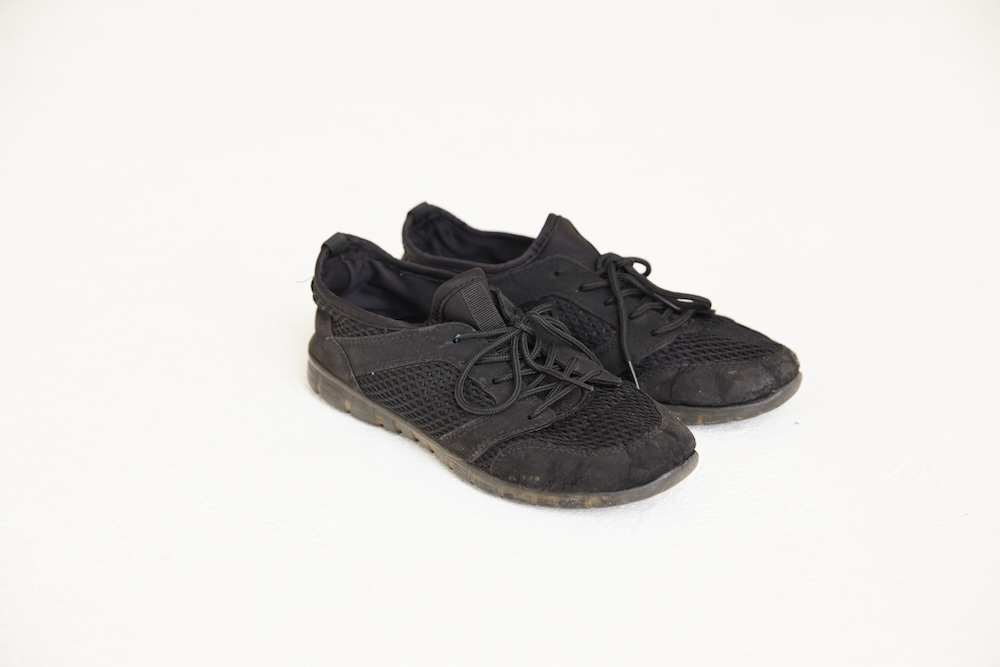 Jo-Dee, Woking
Jo-Dee, Woking  Kaz, London
Kaz, London 

